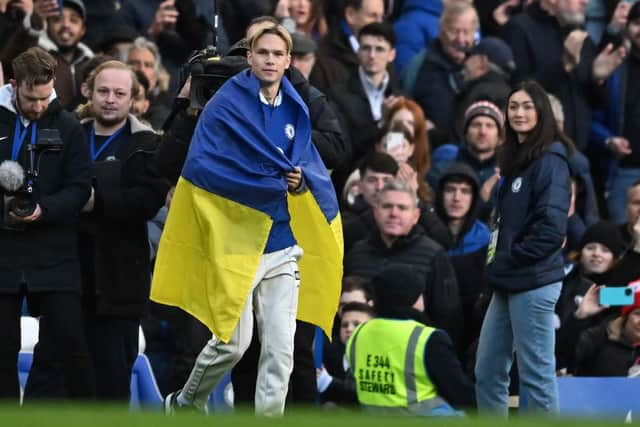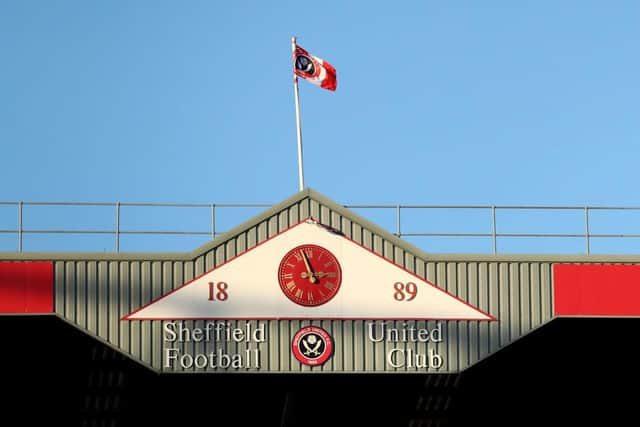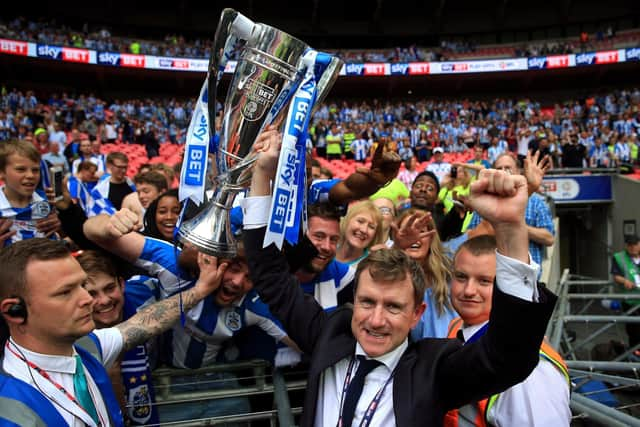January transfer window numbers show the problems English football's new regulator must address - Stuart Rayner
Deloitte calculated England's top 20 clubs spent £815m on talent in mid-season, meaning even more of the world's top players at English grounds and on Match of the Day.
The young player of the last World Cup, Enzo Fernandez, will be plying his trade in Chelsea blue thanks to a British record transfer fee, and Leeds United broke their milestone to sign Georginio Rutter. If West McKennie's loan from Juventus becomes permanent, his price will match Rutter's.
Advertisement
Hide AdAdvertisement
Hide AdGreat for those of us who love Premier League football but the gap between it and every other league is obscene – and dangerous.


Europe’s next four biggest leagues are reckoned to have spent a combined £228m.
This is not even a good story for English football, just the Premier League. Really just its "Big Six", who accounted for over half the outlay.
Of the £815m, only £25m went to Football League clubs. When big clubs argue about money “trickling down”, this is the reality.
Advertisement
Hide AdAdvertisement
Hide AdAs Chelsea alone outspent Spain, Italy, Germany and France combined, Championship Sheffield United received parachute payments without paying the transfer fees they owed. It blows the excuse for such an uncompetitive mechanism apart.


In income terms, the Blades are almost a semi-Premier League club, one of the 25 reckoned to hoover up 92 per cent of English football's broadcast revenue, yet they have run themselves so badly as to be pleading poverty when the time comes to pay for their transfers.
Meanwhile, Dean Hoyle is trying to sell Huddersfield Town after admitting in the summer that before player trading they lose £10m a year. Four years ago they were in the Premier League, nine months ago a couple of questionable VAR non-decisions from getting back.
Even the plucky underdogs are loaded. At the weekend many got excited about how Ryan Reynolds and Rob McElhenney have breathed new life into Conference side Wrexham and whilst there is a lot more to it than just that, the revival is based on finances few League One and Two clubs, never mind non-league rivals, can compete with.
Advertisement
Hide AdAdvertisement
Hide AdIt all shows why the football regulator expected to feature in a Government White Paper next week really needs to be able to redistribute English football's booty better.


Iit also shows that in this interlinked football world, it is only part of the equation. Not that it is an excuse for English football to not get its own house in order.
Leaked elements of the White Paper inspire some confidence of making a start on the problems, but not fully addressing them.
Talk of taxing clubs to pay for a regulator is encouraging but going further, with levies on income and transfer fees to spread cash around more fairly is essential.
Advertisement
Hide AdAdvertisement
Hide AdYou can understand why the clubs who generate most money want to keep the lion's share and we all know neutrals are less likely to tune in for Brentford versus Brighton and Hove Albion than Chelsea versus Liverpool no matter the league positions. The same arguments are at play in European competitions.
But it is woefully short-sighted.
The Big Six – Manchester United, Liverpool, Manchester City, Chelsea, Tottenham Hotspur and Arsenal – need competitive opponents. If it was just the other five, it would be pretty boring.
So whilst it is right they want to stay a step ahead of Brighton, Brentford and Bayern Munich, getting too far ahead will hurt them too. These super clubs could halve their income and still keep Juventus, Real Madrid and co at arm's length.
No one beyond the Six can plan with confidence. Leeds have talked about expanding Elland Road after their third season in the top-flight – this is it – to allow them to make much more money to compete with.
Advertisement
Hide AdAdvertisement
Hide AdAre clubs established then? In the last decade the average stay in the division for sides beyond the giants is five years. All of the Six bar City are Premier League ever-presents.
But being out of it is far worse, so clubs like Bournemouth this month throw huge amounts at staying in, and some in the Championship at getting in. Meanwhile the likes of Huddersfield and Rotherham United are expected to compete.
The failed European Super League coup ought to have emboldened the Have Nots to stand up when the Haves try to throw their weight around – there are, after all, far more of them – yet still they seem to be getting their way.
Football needs strong actions from its new regulator and whether they realise it or not, so do even those clubs currently raking it in.